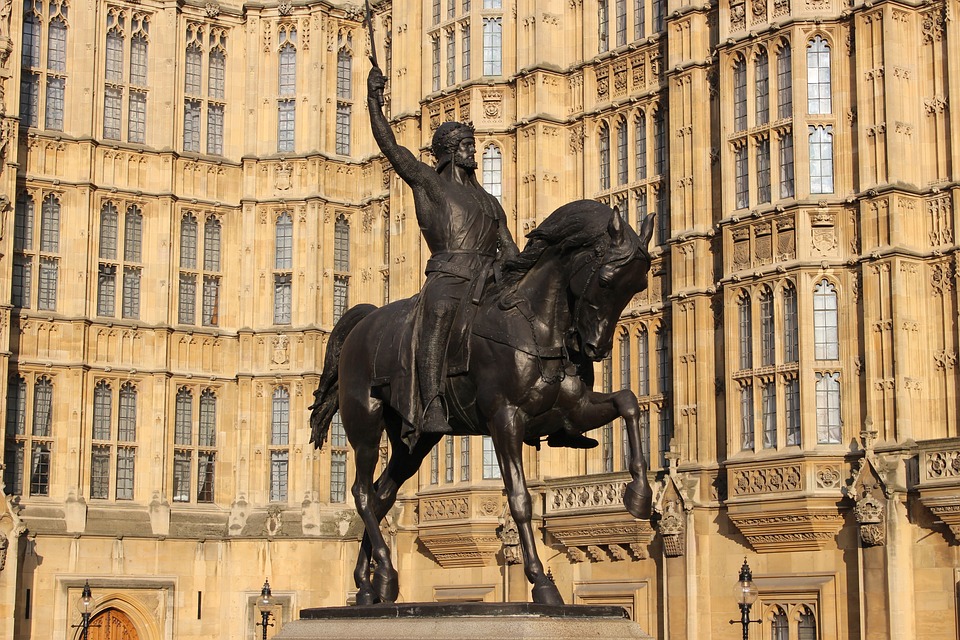Economic Exploitation and Imperialism: A Closer Look at the British Empire

Economic Exploitation and Imperialism: A Closer Look at the British Empire
Introduction
The British Empire was one of the largest and most powerful empires in history, spanning across continents and ruling over countless nations and peoples. However, behind its grandeur and glory lies a darker truth of economic exploitation and imperialism. The British Empire used its vast resources and military might to exert control over other nations, exploiting their economies and resources for their own gain.
Imperialism and Expansion
Imperialism is the practice of extending a nation’s power by gaining territories for a colonial empire. The British Empire was notorious for its policy of imperialism, expanding its reach across the globe in search of resources and markets. The empire set up colonies in Africa, Asia, the Americas, and Oceania, ruling over millions of people and controlling vast amounts of land.
The British Empire used a combination of military force, political maneuvering, and economic coercion to establish and maintain its colonies. The empire sought to control key resources such as spices, tea, cotton, and precious metals, which were in high demand in Europe. By exploiting these resources, the British Empire was able to amass great wealth and power.
Economic Exploitation
One of the key methods by which the British Empire maintained control over its colonies was through economic exploitation. The empire’s economic policies were designed to benefit Britain at the expense of the colonies, effectively draining their resources and wealth. The British Empire would often impose heavy taxes on the colonies, forcing them to export their goods to Britain at low prices.
In addition, the British Empire implemented policies that favored British businesses and industries over those of the colonies. For example, the empire would often restrict the colonies from producing certain goods that competed with British products or impose tariffs on colonial exports in order to protect British industries. This not only stifled economic growth in the colonies but also ensured that the profits flowed back to Britain.
The British Empire also established a system of forced labor in many of its colonies, exploiting indigenous populations for their labor. This system, known as indentured servitude, forced people to work on plantations or in mines under harsh conditions in exchange for meager wages. The profits from these industries were then funneled back to Britain, further enriching the empire at the expense of the colonies.
Impact on Indigenous Peoples
The economic exploitation and imperialism of the British Empire had devastating consequences for the indigenous peoples of the colonies. Many indigenous communities were displaced from their lands or forced into servitude in order to make way for British settlers and industries. The imposition of British laws and customs also eroded traditional social structures and cultural practices, leading to the loss of indigenous identity and autonomy.
The British Empire’s economic policies often led to widespread poverty and destitution among the indigenous populations. Many people were left without access to basic necessities such as food, shelter, and healthcare, as the empire prioritized the extraction of resources over the wellbeing of the local populations. This economic oppression fueled social unrest and resistance movements in many colonies, leading to violent conflicts and uprisings against British rule.
Furthermore, the British Empire’s reliance on forced labor and exploitation of indigenous peoples perpetuated systems of inequality and injustice that continue to affect these communities to this day. The legacy of economic exploitation and imperialism has left a lasting impact on the social, political, and economic landscapes of many former British colonies, shaping their development and relationships with the rest of the world.
Conclusion
The British Empire’s economic exploitation and imperialism were central to its rise to power and dominance over vast territories and populations. By exploiting the resources and labor of its colonies, the empire was able to amass great wealth and influence, but at a devastating cost to the indigenous peoples and economies of these lands. The legacy of imperialism continues to shape the world today, serving as a reminder of the consequences of unchecked power and economic exploitation.
Through a closer look at the economic policies and practices of the British Empire, we can better understand the lasting impact of imperialism on the world and the ongoing struggles for justice and equality in the former colonial territories. By acknowledging the dark history of economic exploitation and imperialism, we can work towards a more equitable and just future for all peoples and nations.